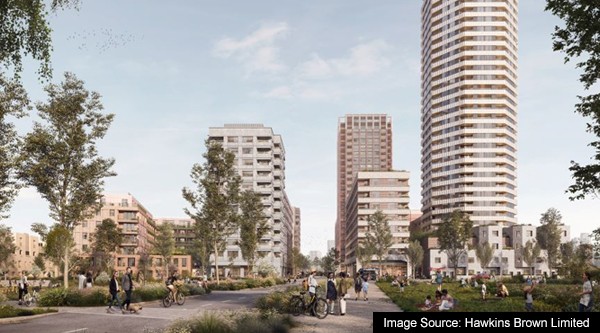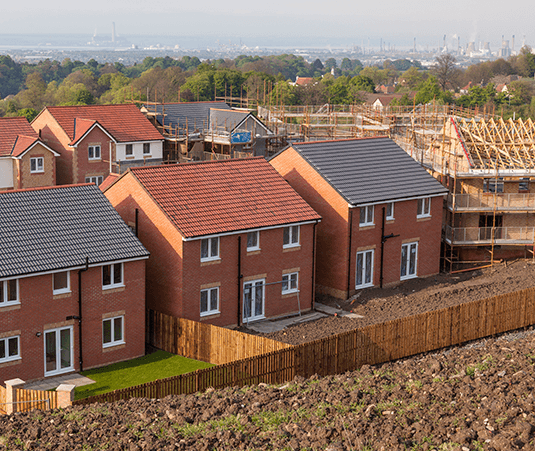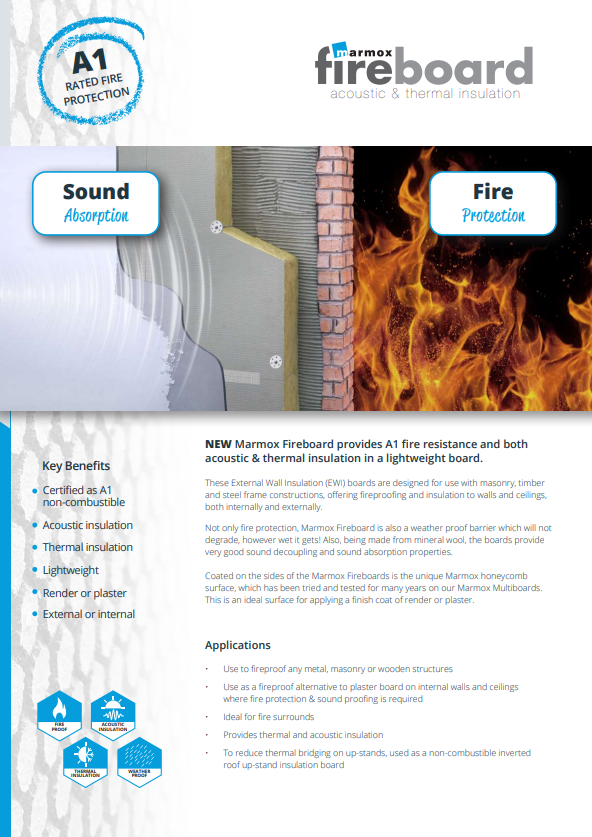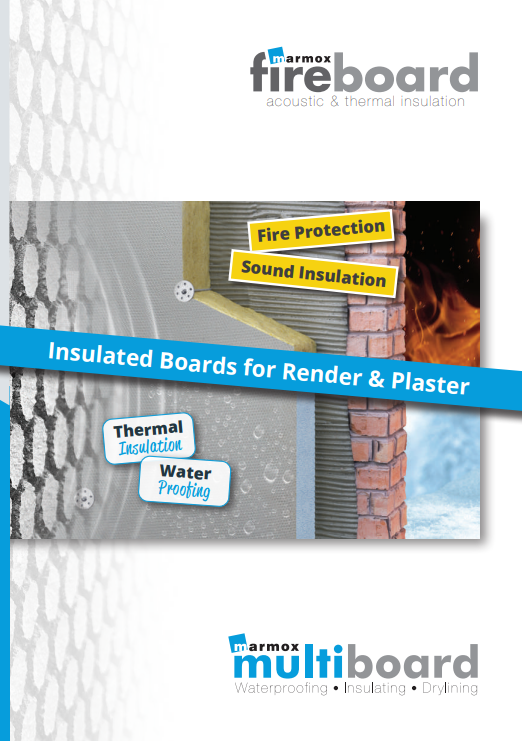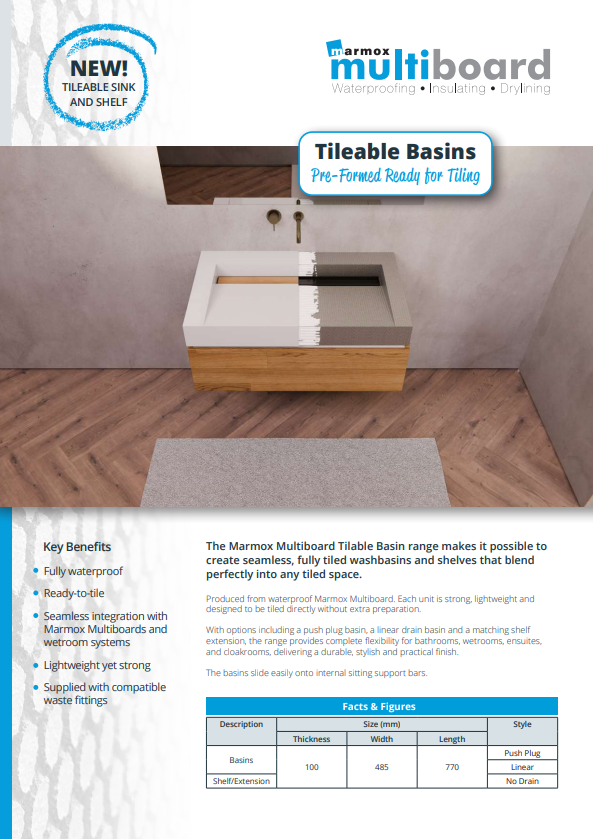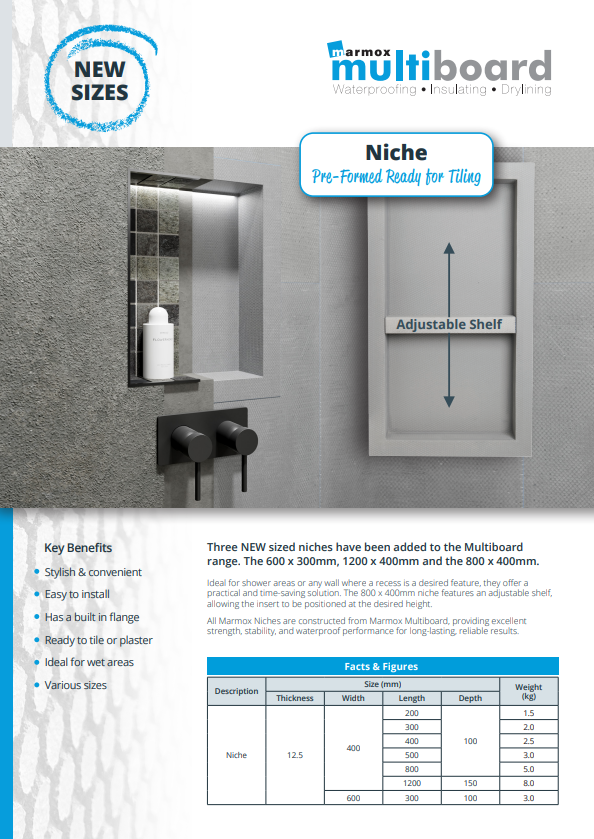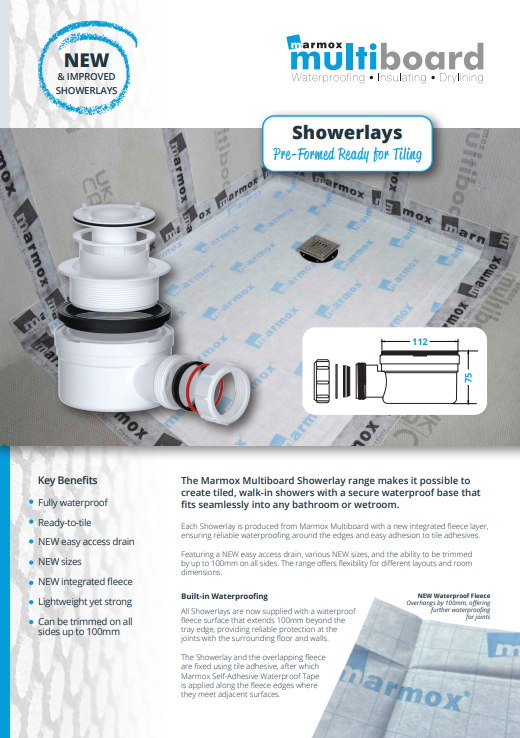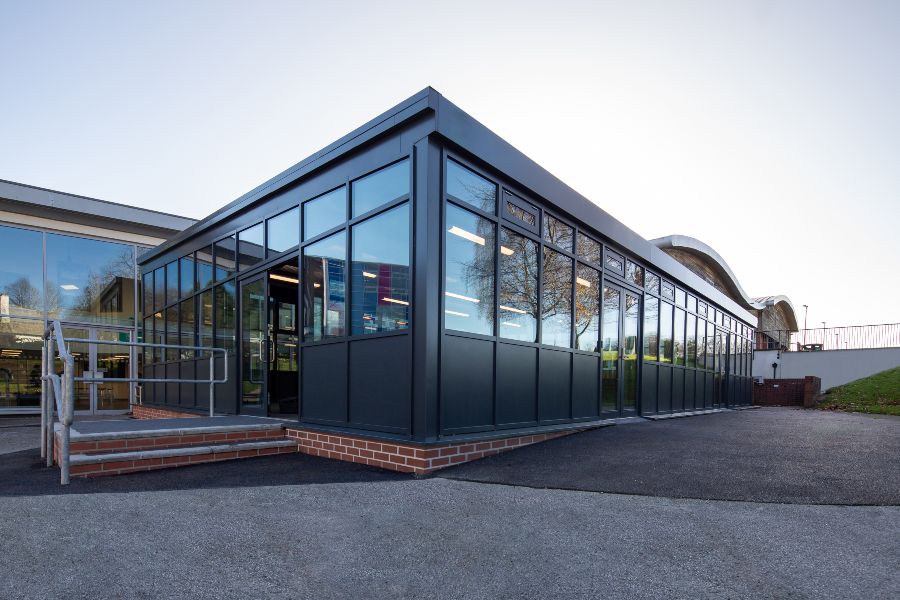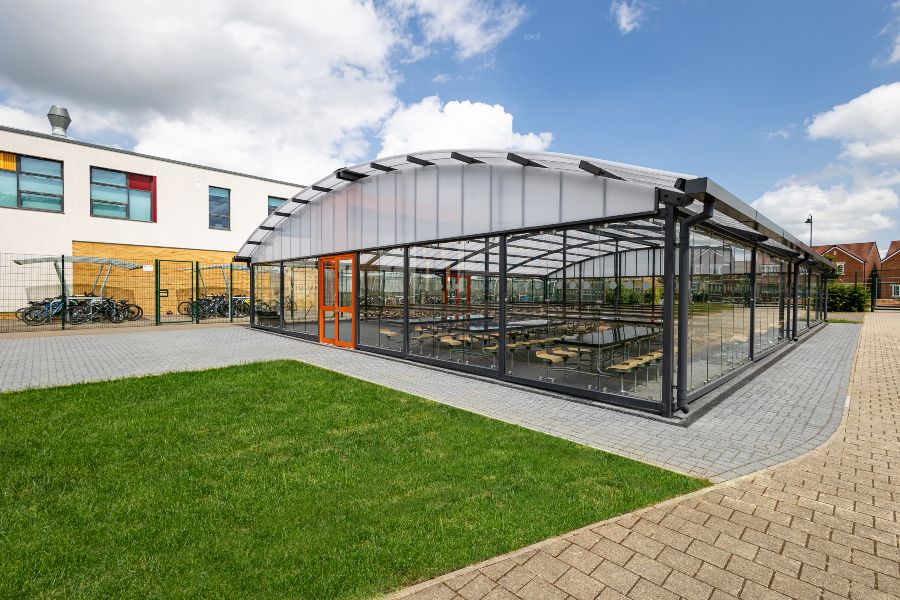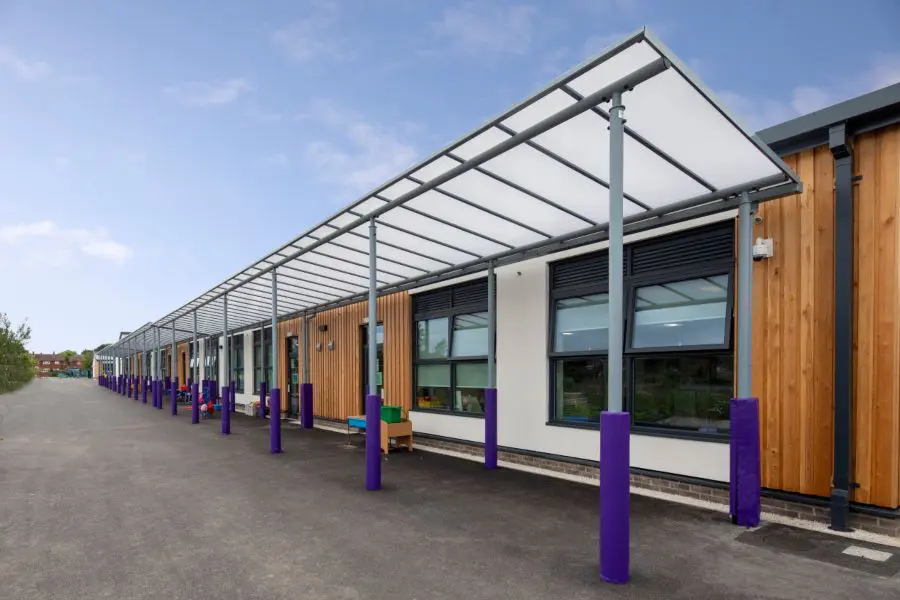In a letter to the
Prime Minister, reprinted at the end of this release, leading fire safety
experts and advocates have urged the government to implement immediately three
important regulatory changes that will significantly improve fire safety for
high-rise and high-risk buildings, such as schools, hospitals and care homes.
For these types of
buildings, the fire safety experts urge the government to require immediately
that:
- Only non-combustible cladding
and insulation be installed;
- They be fitted with automatic
fire sprinklers; and,
- All new buildings of these
types have alternative escape routes.
Signatories include
George Clarke (Architect); European Fire Sprinkler Network (EFSN); Jane Duncan,
Chair, RIBA Expert Advisory Group on Fire Safety and former President of the
RIBA; Mineral Wool Manufacturers Association (MIMA); Ronnie King OBE, Honorary
Administrative Secretary and Principal Adviser to the All Party Parliamentary
Fire Safety & Rescue Group and former Chief Fire Officer; British Automatic
Fire Sprinkler Association (BAFSA); Professor Richard Hull and Professor Anna
Stec from the University of Central Lancashire; Professor Anne Power from the
London School of Economics; and Sam Webb, Architect and RIBA Expert Advisory
Group on Fire Safety member.
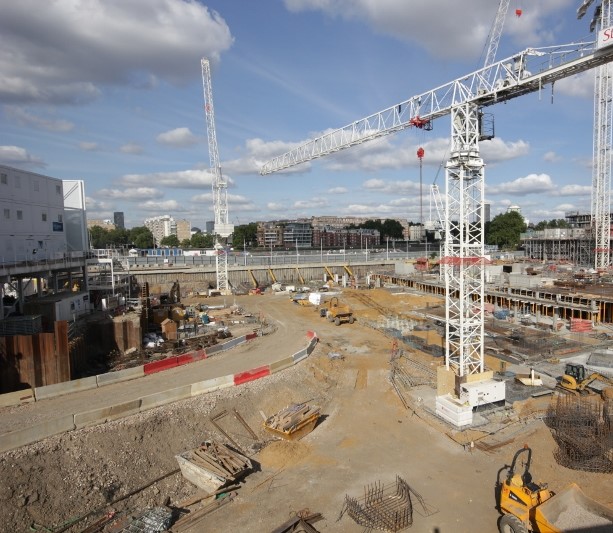
The signatories
acknowledge official reviews are underway, but ten months on from the Grenfell
fire the UK is no closer to a safer system of fire safety regulation. These
steps would substantially reduce the risk still facing many buildings in the
UK, and reassure the many families and individuals living and working in high
risk buildings across the country.
Architect George
Clarke comments: “The rules for how we build safe homes, offices, schools and
hospitals have for many years been far too open to interpretation. This
has led to poor design decisions that have compromised fire safety and put
lives at risk. What we are arguing for could be implemented tomorrow,
would be extremely effective in making buildings safer, and help prevent a
tragedy such as Grenfell ever happening again.”
Professor Richard
Hull, Professor of Chemistry and Fire Science at University of Central
Lancashire said: “Grenfell has left no doubt about the dangers of combustible
facades on tall buildings. The recent ABI report shows the problems with the
current testing regime. Until they are resolved, we cannot endanger more people
by allowing combustible materials to be put on the outside of high rise and
high risk buildings.”
Alan Brinson,
Executive Director, European Fire Sprinkler Network said: “Sprinklers are
highly effective fire safety systems. They are not expensive and have been
fitted in many existing buildings. The public recognises all this and supports
their wider use. Wales already requires sprinklers in all new housing and in
Scotland there is a proposal to require them in more buildings. All eyes are
now on England.”
Sarah
Kostense-Winterton, Executive Director at MIMA, notes: “We’ve advocated for
years in support of using non-combustible cladding and insulation that can
inhibit the spread of fire and won’t emit any significant amounts of toxic
smoke. Non-combustible materials can help contain a fire, making the
difference between a fire in a building and a building on fire. The
government review and inquiry will run their courses, but there is every reason
to make these crucial and logical changes straightaway to ensure that buildings
are being constructed in a safe manner. The government must lead from the front
by taking action.”








